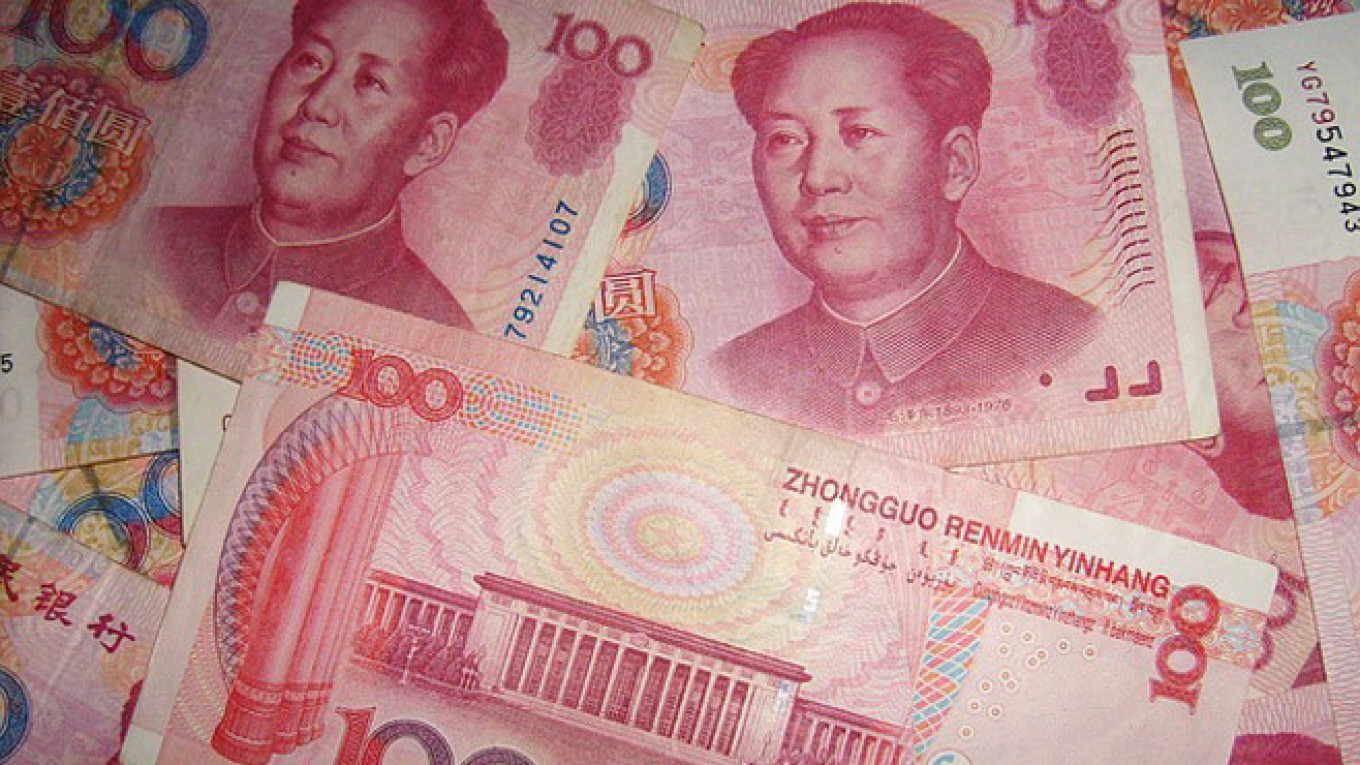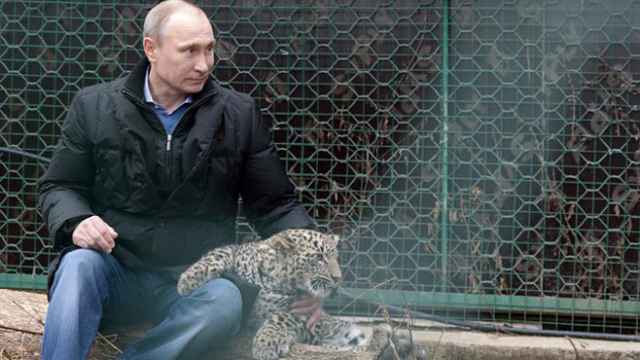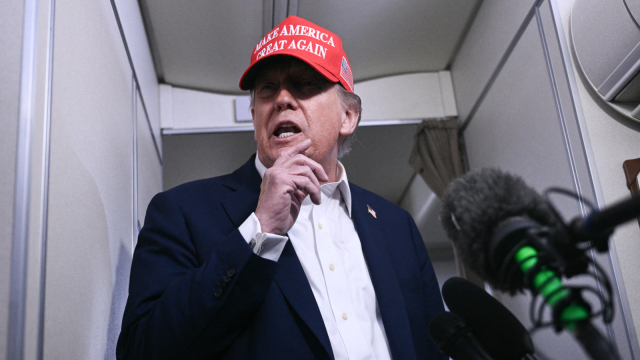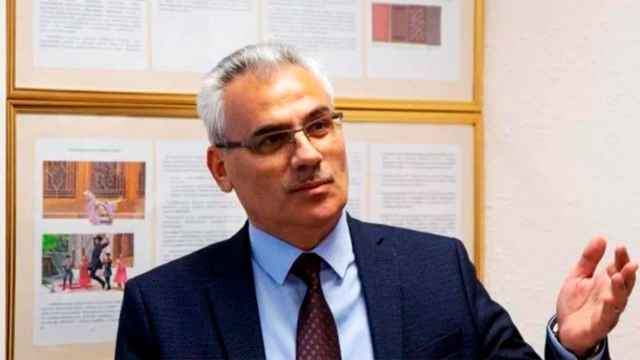BEIJING — Russia and China pledged on Tuesday to settle more bilateral trade in ruble and yuan and to enhance cooperation between banks, First Deputy Prime Minister Igor Shuvalov said, as Moscow seeks to cushion the effects of Western economic sanctions.
Shuvalov told reporters in Beijing that he had agreed an economic cooperation pact with Chinese Vice Premier Zhang Gaoli that included boosting use of the ruble and yuan for trade transactions.
The pact also lets Russian banks set up accounts with Chinese banks, and makes provisions for Russian companies to seek loans from Chinese firms.
"We are not going to break old contracts, most of which were denominated in dollars," Shuvalov said. "But, we're going to encourage companies from the two countries to settle more in local currencies, to avoid using a currency from a third country."
Spurred on by their often fraught relations with the U.S., Russia and China have long advocated reducing the role of the dollar in international trade.
The quest to limit the dollar's dominance became more urgent for Moscow this year when U.S. and European governments slapped sanctions on Russia to penalize the country for supporting separatist rebels in Ukraine.
Washington and Brussels have excluded Russia's state banks and top energy firms from capital markets, applying measures that mean even companies not blacklisted will struggle to raise large loans outside their domestic market.
For China, curtailing dollar's influence fits well with its ambitions to increase the clout of the yuan and turn it into a global reserve currency one day. With 32 percent of its $4 trillion foreign exchange reserves invested in U.S. government debt, Beijing wants to curb investment risks in dollars.
Chinese firms' proposals to invest in more than 30 projects in Russia were also discussed, Shuvalov said. The projects, some of which were valued at several hundred million dollars, included building roads and bridges, resource development, agricultural production and transportation facilities, he added.
Alexander Misharin, first deputy head of state-owned monopoly Russian Railways, was quoted by Prime news agency on Tuesday as saying Chinese investors were ready to stump up 400 billion rubles ($10.7 billion) for the construction of a high-speed rail link between Moscow and Kazan, a city 800 kilometers east of the capital.
Also on Tuesday, Rusnano head Anatoly Chubais said the state-backed technology investment firm had invited Chinese partners to create a joint fund for investment in nanotechnology.
Zhang will visit Moscow in October for further talks on bilateral cooperation, particularly in the traditional energy sector, Shuvalov said.
China and Russia signed a $400 billion gas supply deal in May, securing the world's top energy user a major source of cleaner fuel and opening a new market for Moscow as it risks losing European clients over the Ukraine crisis.
Material from the Moscow Times was included in this report.
A Message from The Moscow Times:
Dear readers,
We are facing unprecedented challenges. Russia's Prosecutor General's Office has designated The Moscow Times as an "undesirable" organization, criminalizing our work and putting our staff at risk of prosecution. This follows our earlier unjust labeling as a "foreign agent."
These actions are direct attempts to silence independent journalism in Russia. The authorities claim our work "discredits the decisions of the Russian leadership." We see things differently: we strive to provide accurate, unbiased reporting on Russia.
We, the journalists of The Moscow Times, refuse to be silenced. But to continue our work, we need your help.
Your support, no matter how small, makes a world of difference. If you can, please support us monthly starting from just $2. It's quick to set up, and every contribution makes a significant impact.
By supporting The Moscow Times, you're defending open, independent journalism in the face of repression. Thank you for standing with us.
Remind me later.






